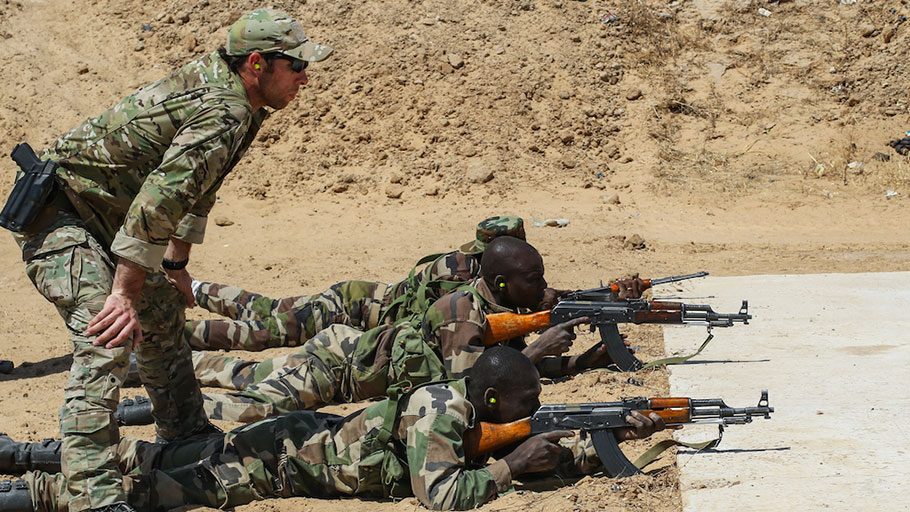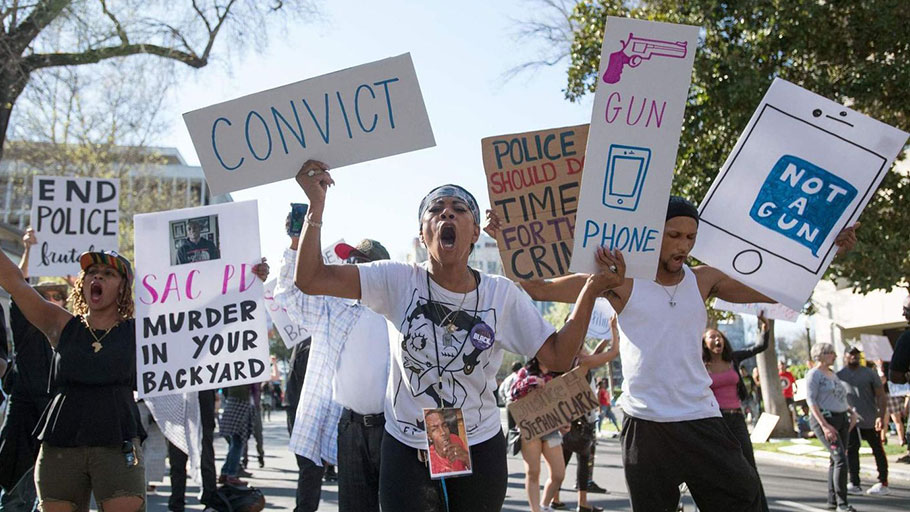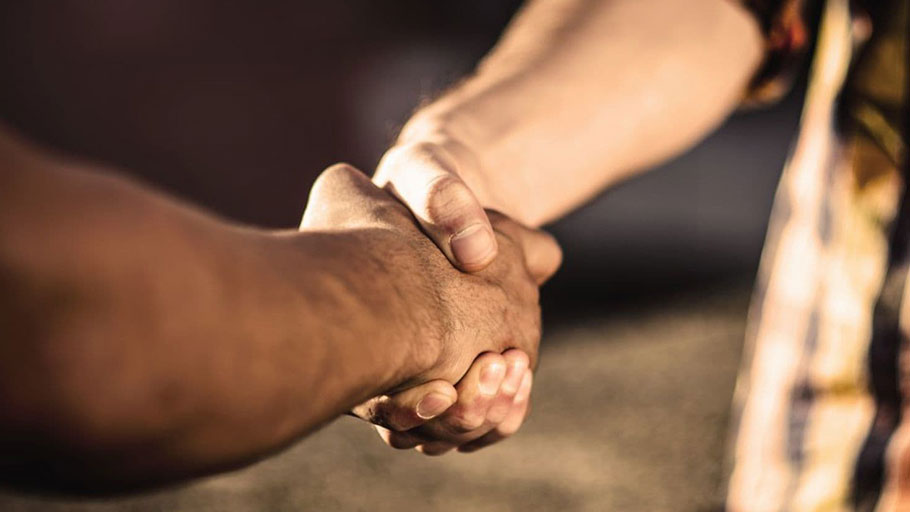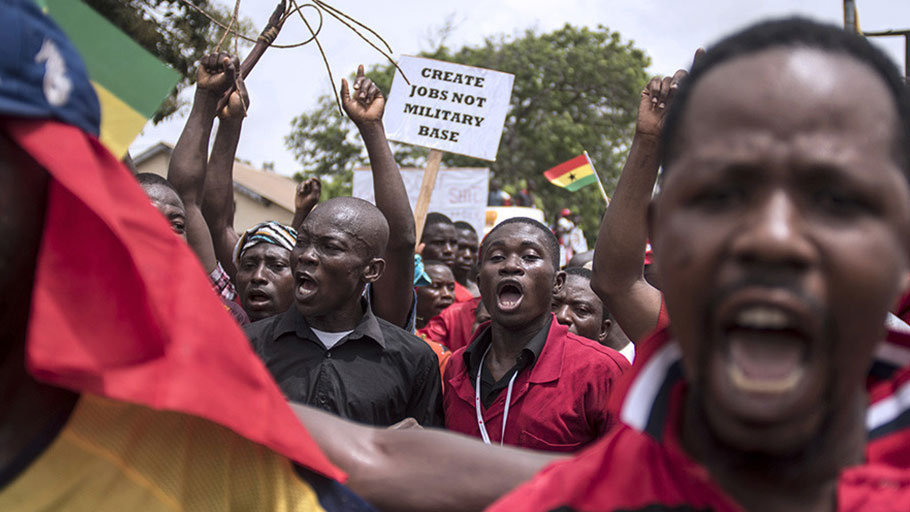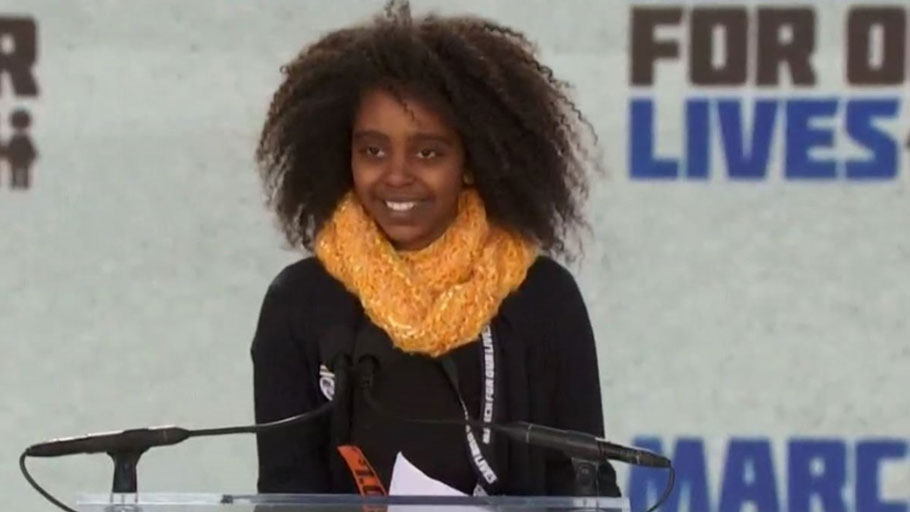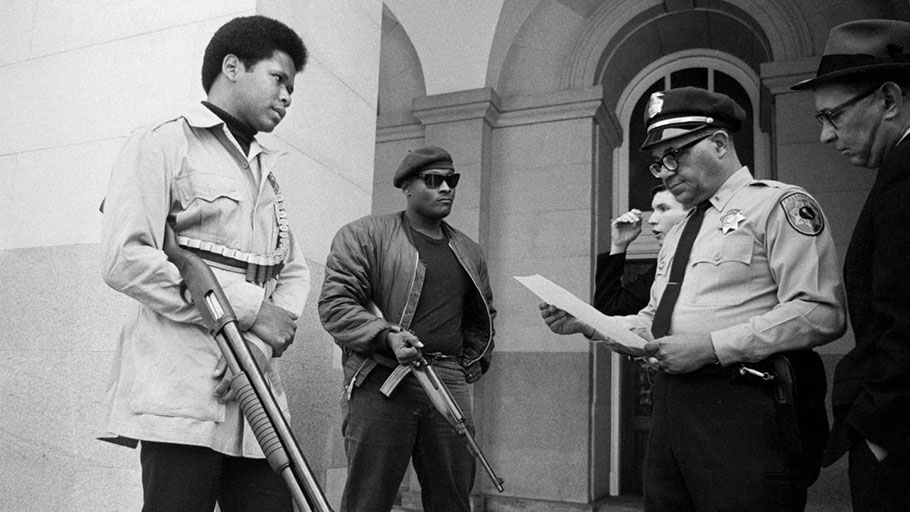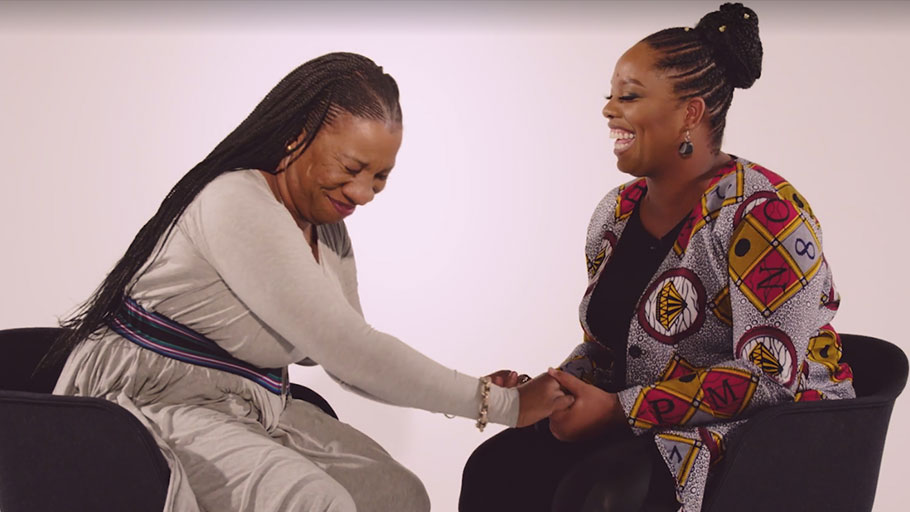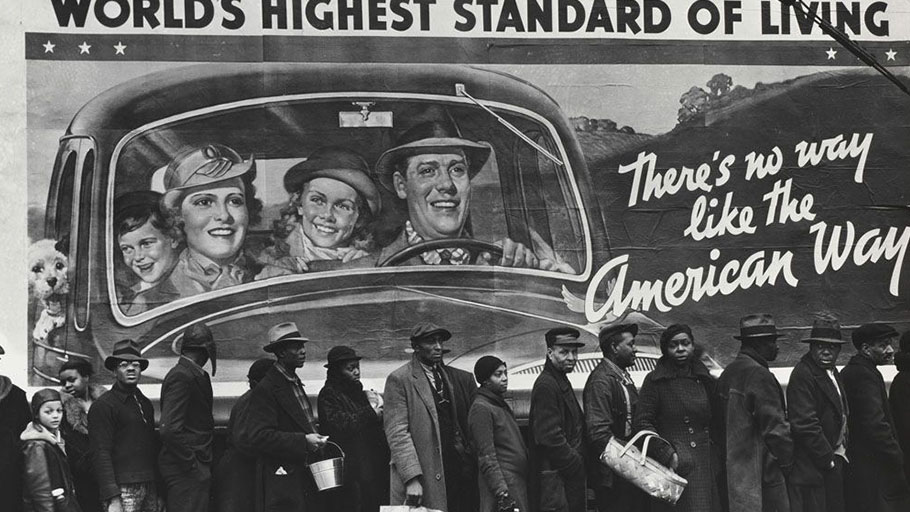
Even in a high-tech era, fears about minority political agency are the most reliable way to destabilize the U.S. political system. By Vann R. Newkirk — There are a million and one threads to the chaos currently unspooling about the Trump administration and the 2016 election. One might be forgiven for giving up on trying to navigate the intricacies of congressional Russia inquiries, Special Counsel Robert Mueller’s ever-widening probe, news…

